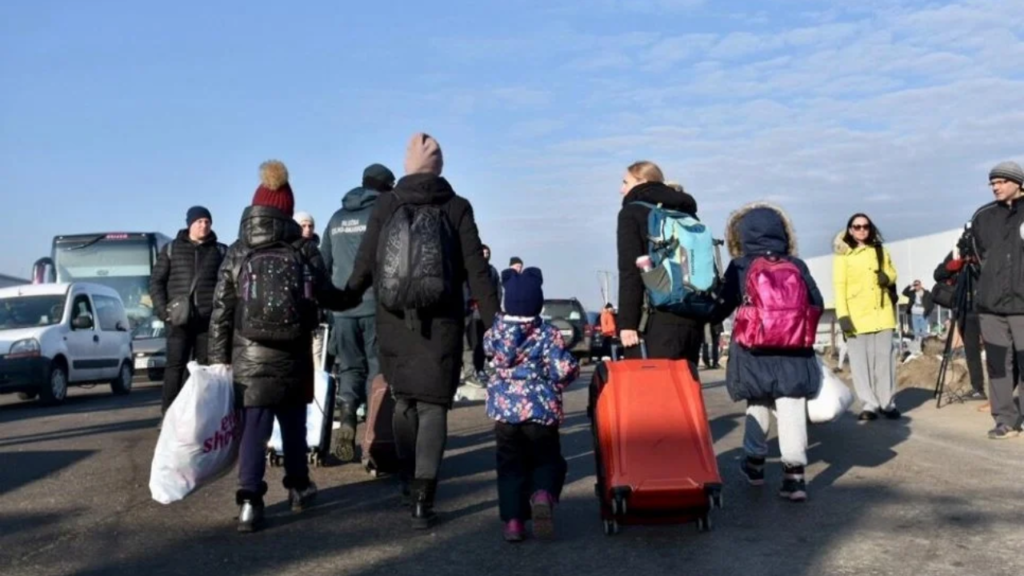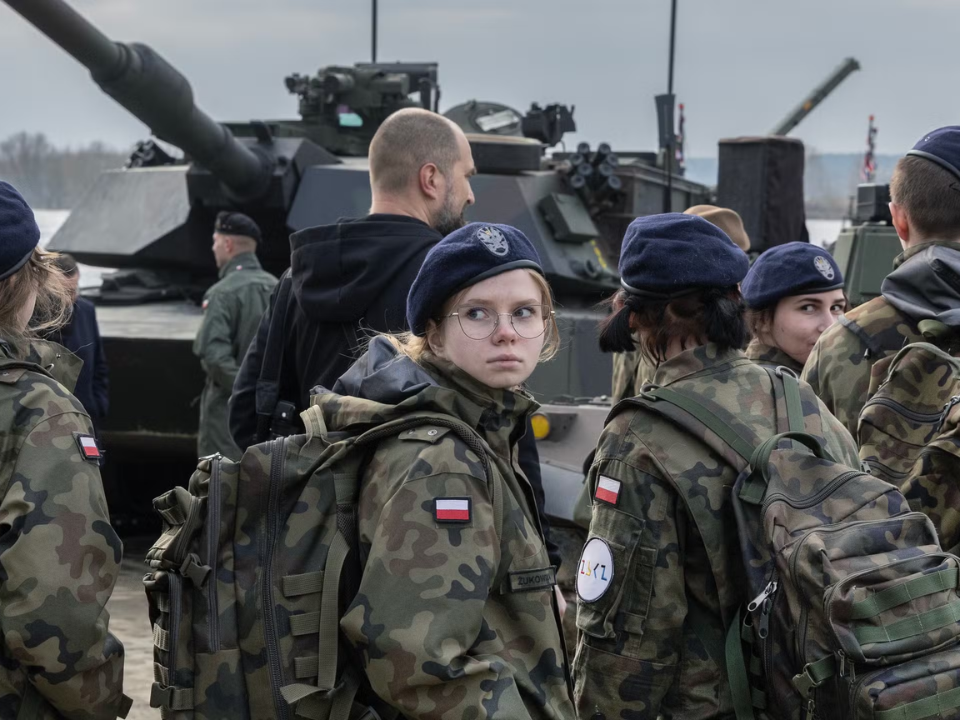The Global Impact and International Response
For Reference: Russia-Ukraine | Part 3
The Russia-Ukraine conflict, which began with the annexation of Crimea and expanded into Eastern Ukraine, has evolved into a complex geopolitical crisis. It has not only affected the lives of millions but also reshaped global alliances and security frameworks. This article examines the international response to the conflict and the far-reaching consequences for global politics, diplomacy, and security.
Economic Sanctions and Political Fallout
In response to Russia’s annexation of Crimea and its support for separatists in Eastern Ukraine, Western nations imposed sweeping economic sanctions. The United States, the European Union, and other allies targeted Russian industries, including energy, finance, and defense. Sanctions limited Russia’s access to global markets and froze the assets of key Russian officials and entities. Over time, these sanctions weakened the Russian economy, but they did not deter Russia’s actions in Ukraine.
Russia retaliated by banning the import of agricultural products from the West, leading to economic disruptions on both sides. Despite these setbacks, Western sanctions remain a crucial tool in pressuring Russia diplomatically.
NATO and Military Realignment
The conflict intensified security concerns across Europe, prompting NATO to increase its presence along its eastern flank. NATO allies deployed additional troops to countries bordering Russia, such as Poland and the Baltic states, to reassure members threatened by Russia’s actions. This military buildup signaled a new era of confrontation between Russia and the West, reminiscent of the Cold War.
Ukraine, though not a NATO member, received military aid, training, and equipment from Western countries. These actions, while bolstering Ukraine’s defense, further strained relations between Russia and the West.
Humanitarian Crisis and Refugee Movements
The war created a severe humanitarian crisis. Over 13,000 people were killed, and millions were displaced, many seeking refuge in Russia or European countries. Civilians in conflict zones faced shortages of food, water, and medical care, while humanitarian organizations struggled to provide aid amidst ongoing violence.
The displacement of Ukrainians placed additional pressure on neighboring countries and highlighted the need for greater international cooperation in addressing refugee crises.

Image: © UNHCR/Chris Melzer
Diplomatic Efforts and Peace Negotiations
Multiple diplomatic efforts have been made to resolve the conflict. The Minsk Protocols, brokered in 2014 and 2015, were the most significant attempts at peace. These agreements aimed to de-escalate the conflict by establishing a ceasefire, withdrawing heavy weaponry, and granting more autonomy to separatist regions. However, violations of the ceasefire and political disagreements have kept the conflict unresolved.
International organizations, including the United Nations, the Organization for Security and Co-operation in Europe (OSCE), and the International Red Cross, have been actively involved in monitoring the situation and facilitating humanitarian efforts.
The Long-term Impact on Global Politics
The Russia-Ukraine conflict has reshaped global alliances and shifted the balance of power. Russia’s actions have pushed Western nations to strengthen their military and political cooperation, while Russia has sought closer ties with non-Western powers, including China and Iran.
The conflict also highlighted the challenges of enforcing international law, raising questions about the effectiveness of sanctions and diplomatic efforts in managing state aggression.
Stay tuned for the next article, where we will explore the ongoing developments and the future prospects of the Russia-Ukraine war.
Details of the Featured Image
NATO soldiers stationed along the eastern flank to bolster security during heightened tensions between Russia and Ukraine.
Image: Laurent Van Der Stockt for Le Monde
Author
Ziara Walter Akari
© www.apotheosislife.com
